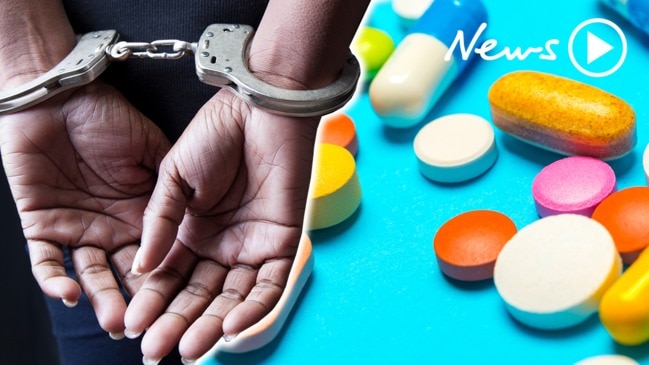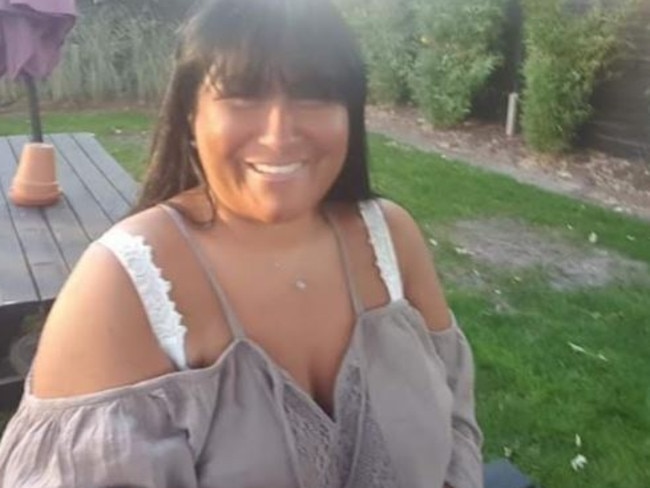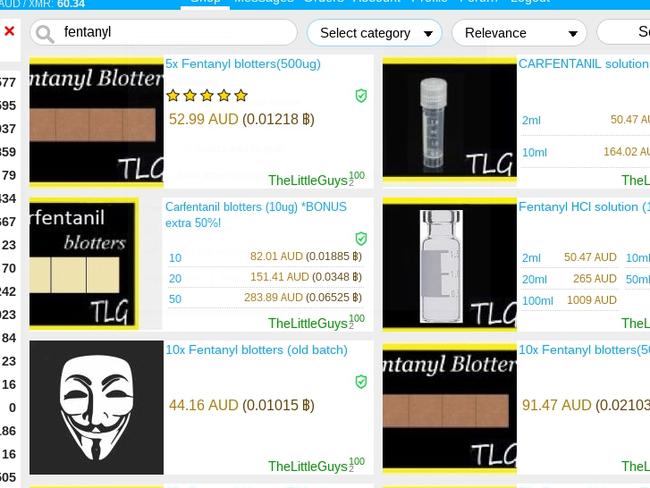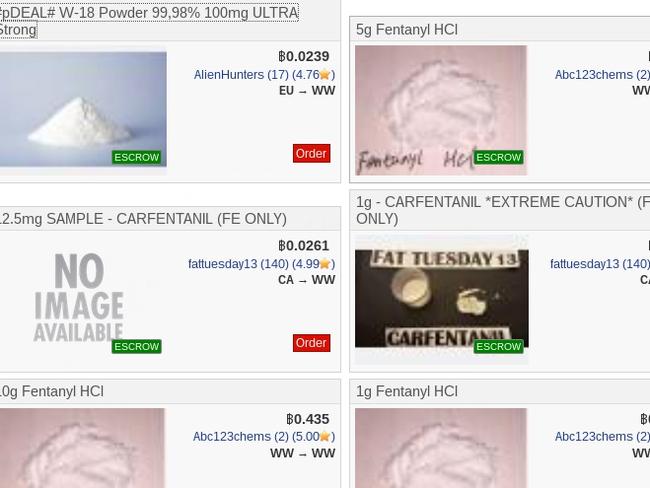‘I had a hysterectomy to fuel my addiction’: Pioneering clinic set up for online addiction
EXCLUSIVE: A tonsil operation at 14 triggered an addiction that saw Nicki Hari go to desperate lengths to secure drugs, as a new online trend emerges.

EXCLUSIVE
NICKI Hari was so anxious about having her tonsils removed at age 14, she was offered something to calm her nerves. But it wasn’t until four years later with an emergency surgery for appendicitis that she recognised that “floaty and relaxed” feeling she liked so much.
Though years apart, the two operations left her with a penchant for painkillers that eventually led to nine knee operations, thumb surgery, having her wisdom teeth removed and a hysterectomy brought forward in order to access the drugs.
“I really loved having the feeling of the anaesthetic and just drifting off. I was given quite strong painkillers and I probably took them for a little bit longer than what I should,” the UK mum told news.com.au.
‘FOUR CHEMISTS A DAY’: Read part one of our prescription drug series
“If I saw a consultant and he said, ‘Oh you’re probably better off having physiotherapy.’ I’d be like, ‘No no no, that won’t work, I think I need to have an operation.’ And I’d always manage to wangle it.”
Now 49, Nicki said she would set reminders on her phone to order sleeping pills over the internet and shop between doctors overseas before admitting her problem.
“I was very vacant, I was very depressed, I was crying all the time. I stopped going out. I stopped interacting with the children. I missed school plays and sports days. It was a very, very dark place.
“[I thought] I’m not an addict, I’m not injecting and I’m not in a manic way and I’m not off my face. These are prescription pills and I’ve got nothing to hide. My GP has given them to me so what’s the problem?”

The striking admission comes amid fears of a hidden crisis in Australia, the UK and US that has changed the face of addiction and left health authorities grappling with how to respond. It’s complicated by the fact many are prescribed drugs for legitimate reasons and widespread availability online makes policing their use almost impossible.
The trend has led UK psychiatrist Dr Owen Boden-Jones to establish a 12-month pilot clinic to help those addicted to buying prescription drugs online. The pioneering project came about after he founded a clinic for club drug users and noticed the rise of prescription medicines on the side.
“This is a really interesting cultural shift and one that we’re beginning to understand only now,” he said. “The groups of patients that we typically see use the internet for everything. They use the internet to meet their friends, to buy cinema tickets, to go shopping. And it seems as if there is an extension of the use of the internet to procure recreational drugs.”
While they don’t yet “fully understand the size of the problem”, patients range from students taking Ritalin to study for exams to MDMA (ecstasy) users looking to calm down after highs, many of whom don’t realise what they’re buying is likely fake.
“They’re either cheap knock-offs or proper prescription medicines or there may be none of the medicine in the tablet at all. It may be a complete dud or substituted with another drug,” Dr Boden-Jones said.
“There’s a sort of two-step process. There’s helping people gain control over their drug use and also helping people manage their triggers of being online. You can’t really say to someone, ‘Don’t go online,’ because so much of their life is online.”


It comes amid a proliferation of websites that allow people to buy drugs anonymously with the click of a mouse from anywhere in the world.
The Australian National Drug and Alcohol Research Centre’s analysis found last year of 14 sites monitored, pharmaceuticals were second only to cannabis in terms of the amount sold online.
Earlier this month, UK man Kyle Enos was jailed for eight years for selling notoriously powerful opiate fentanyl in a sophisticated business that saw it shipped anywhere in the world in seven to 10 days.
His dark web advertisements claimed he would send users “products customised to meet your needs” and that “my priority is your satisfaction” in what the judge said was playing “Russian roulette” with people’s lives.
While the amount of illicit fentanyl sold online is still a small proportion of the total market, the US opioid crisis has led to a watching brief in Australia and a “landmark” review of prescription drug use in the UK.
Figures from UK Addiction Treatment Centres show admissions for prescription drugs have risen by 33 per cent in the last two years with more women than men now seeking treatment. UKAT founder Eytan Alexander said the trend is likely to continue given many people don’t consider themselves addicts.
“Prescription drug addiction is a very real crisis in the UK and one that is understandably difficult to get a grip of, given that people believe if they’re prescribed it by their GP, then they’re not an addict,” he said.
“The biggest danger … is what happens when the individual is ‘cut off’ by their GP. We’ve seen law-abiding people turn into criminals as a direct result of their addiction as they purchase prescription drugs illegally in utter desperation.”
Read the first part of our Prescription Drug series: ‘I was going to four chemists a day’



